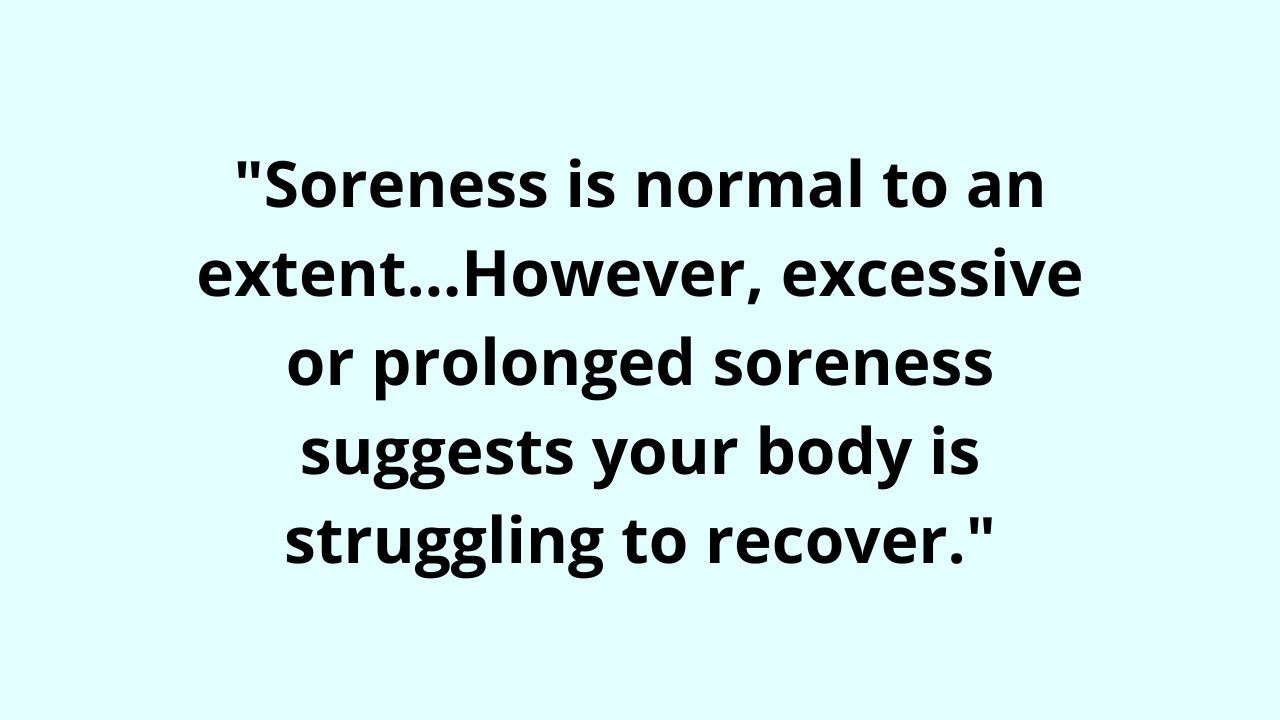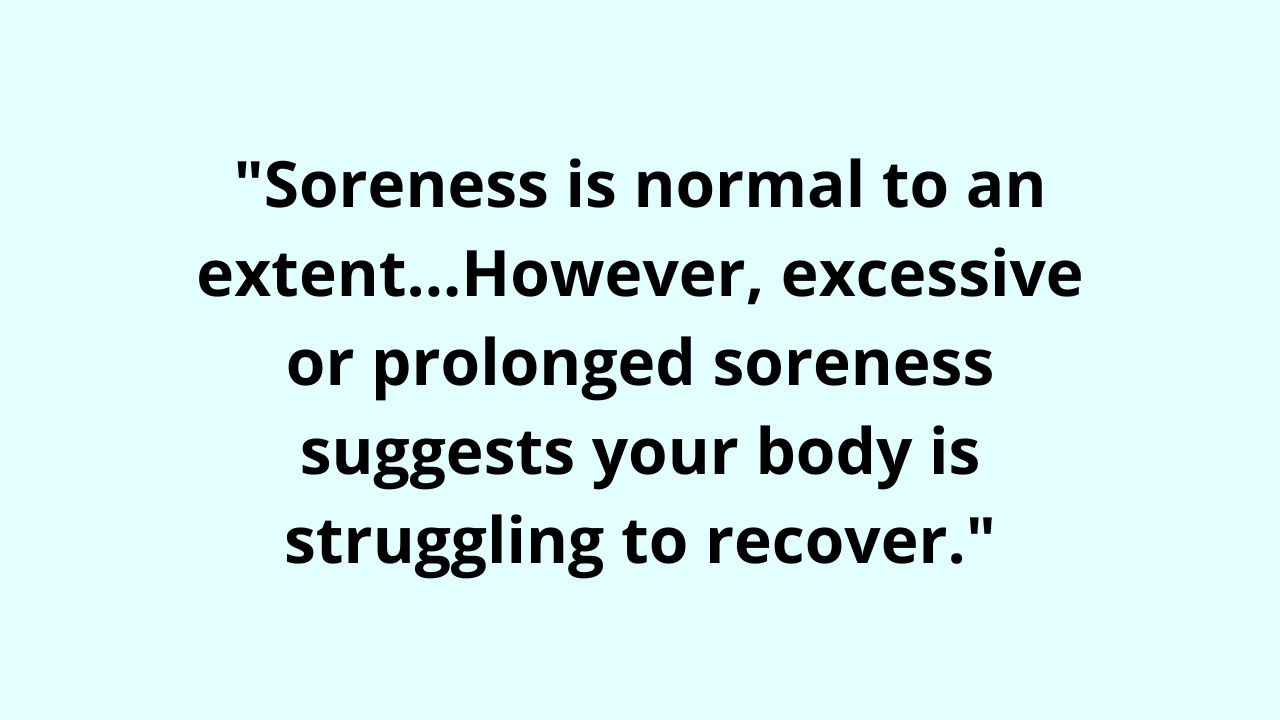
The Secret to Not being Sore
Jul 04, 2023Read Time: 2 minutes
Today, I'm going to share a revelation that could change your approach to fitness. This insight matters because it could mean the difference between making continuous progress and constantly nursing aches and pains.
Most people fail to recognize the signs their body is sending and continue on a path that may lead to overtraining, injuries, or simply falling off the workout wagon due to the discomfort.

The Real Issue Behind Persistent Soreness
Often, when we feel too sore after a workout, our first instinct is to resort to stretching, foam rolling, or perhaps icing the affected areas. While these techniques can provide temporary relief, they aren't addressing the real cause of the issue. If you're consistently sore for more than two or three days after your workouts, it's time to reassess your routine's intensity.
"The hard truth is, persistent soreness is a sign that your workout is too hard."
Soreness is normal to an extent - it's your body's way of saying that it's repairing and building muscle. However, excessive or prolonged soreness suggests your body is struggling to recover, and that's a clear indication your workout is more intense than it should be.

5 Ways to Prevent Overdoing Your Workouts
Now, how can we address this issue? The solution isn't as complicated as you might think. It's about being in tune with your body, understanding your limits, and modifying your workouts accordingly. Here are some tips to help you get started:
Listen to your body:
Pay attention to how your body responds to each workout. If you're feeling overly fatigued, experiencing decreased performance, or enduring prolonged muscle soreness, it's time to adjust.
Use the Coffee Cup Method to take inventory of your activities.
Balance Intensity and Rest:
It's essential to strike a balance between the intensity of your workouts and your rest periods. Remember, muscles grow and repair during rest, not during the workout itself.
Consider Professional Advice:
A personal trainer or medical professional can provide valuable input on the intensity of your workout and suggest modifications if necessary.
Stay Hydrated and Nourished:
Proper hydration and nutrition play a significant role in muscle recovery and can help minimize post-workout soreness.
Practice Gradual Progression:
Increase the intensity of your workouts slowly and steadily, giving your body time to adapt to the new demands.
Remember, the goal of working out is to improve, not impede, your health and well-being. So the next time you're insanely sore after an intense workout, consider this: your body might be trying to tell you to scale back a bit on your workout intensity. Listen to it - it knows best.
In better stretching,
Joe
______________________________________________________________
Whenever you're ready, here is the best way I can assist you in enhancing your mobility:
Self-Care Mobility: If you're just starting your journey towards better mobility and wellness, I recommend starting with my New Self-Care Mobility Program: Transform your Mobility in a sustainable way. This 30-day program will teach you the techniques I use with my clients to improve flexibility, increase stability, and enhance overall wellbeing.
Don't miss a beat!
Updates are delivered to your inbox regularly!
We hate SPAM. We will never sell your information, for any reason.

